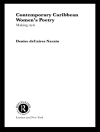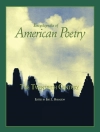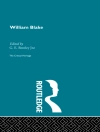Leaves of Grass is a poetry collection by American poet Walt Whitman. Though it was first published in 1855, Whitman spent most of his professional life writing, rewriting, and expanding
Leaves of Grass until his death in 1892. Six or nine individual editions of
Leaves of Grass were produced, depending on how they are distinguished. This resulted in vastly different editions over four decades. The first edition was a small book of twelve poems, and the last was a compilation of over 400.
The collection of loosely connected poems represents the celebration of his philosophy of life and humanity and praises nature and the individual human’s role in it. Rather than focusing on religious or spiritual matters,
Leaves of Grass focuses primarily on the body and the material world. Its poems do not rhyme or follow standard rules for meter and line length.
Walt Whitman
Leaves of Grass [EPUB ebook]
Leaves of Grass [EPUB ebook]
قم بشراء هذا الكتاب الإلكتروني واحصل على كتاب آخر مجانًا!
لغة الإنجليزية ● شكل EPUB ● ISBN 9788874175475 ● حجم الملف 2.9 MB ● الناشر REA Multimedia ● نشرت 2023 ● للتحميل 24 الشهور ● دقة EUR ● هوية شخصية 9187617 ● حماية النسخ بدون












